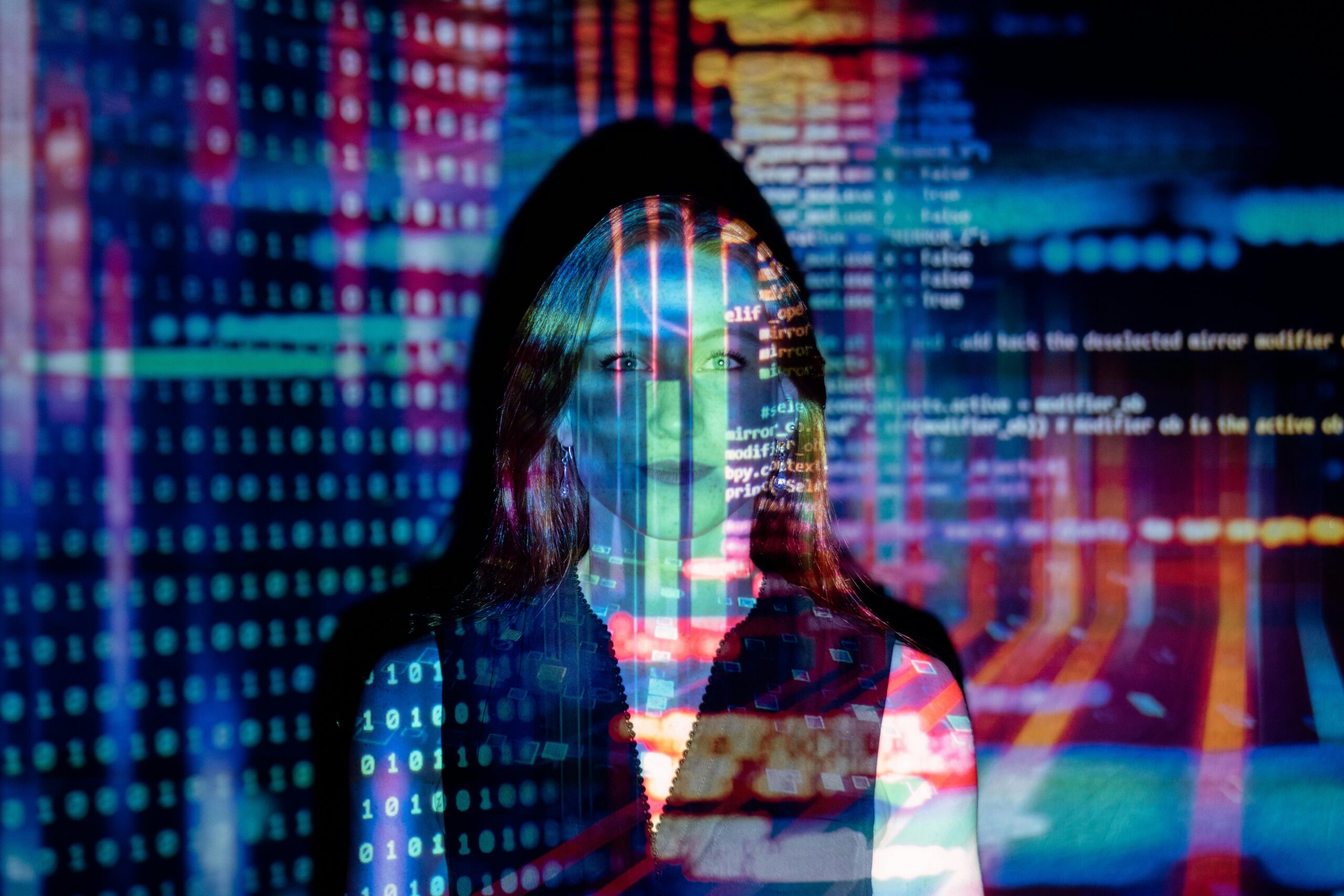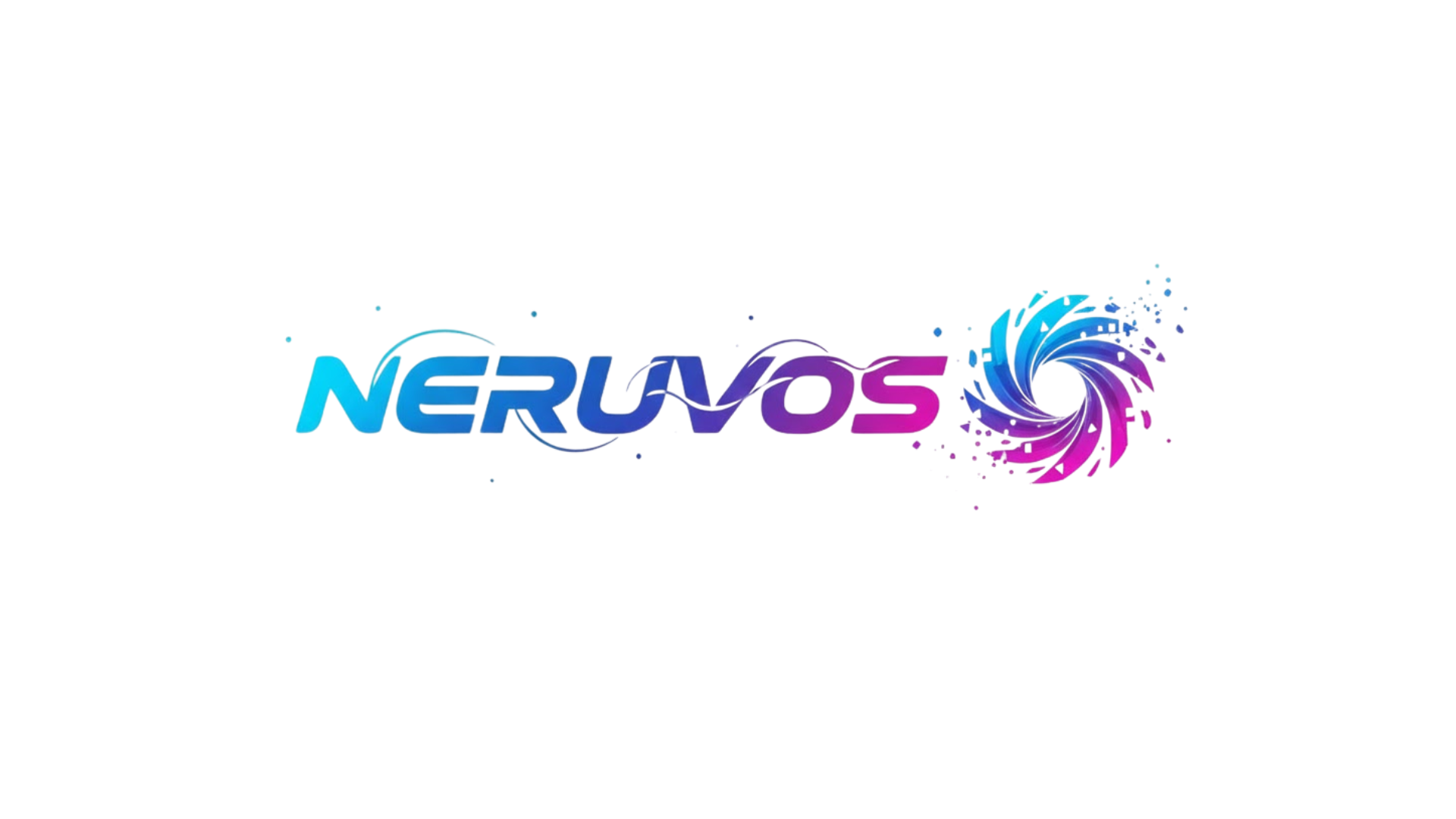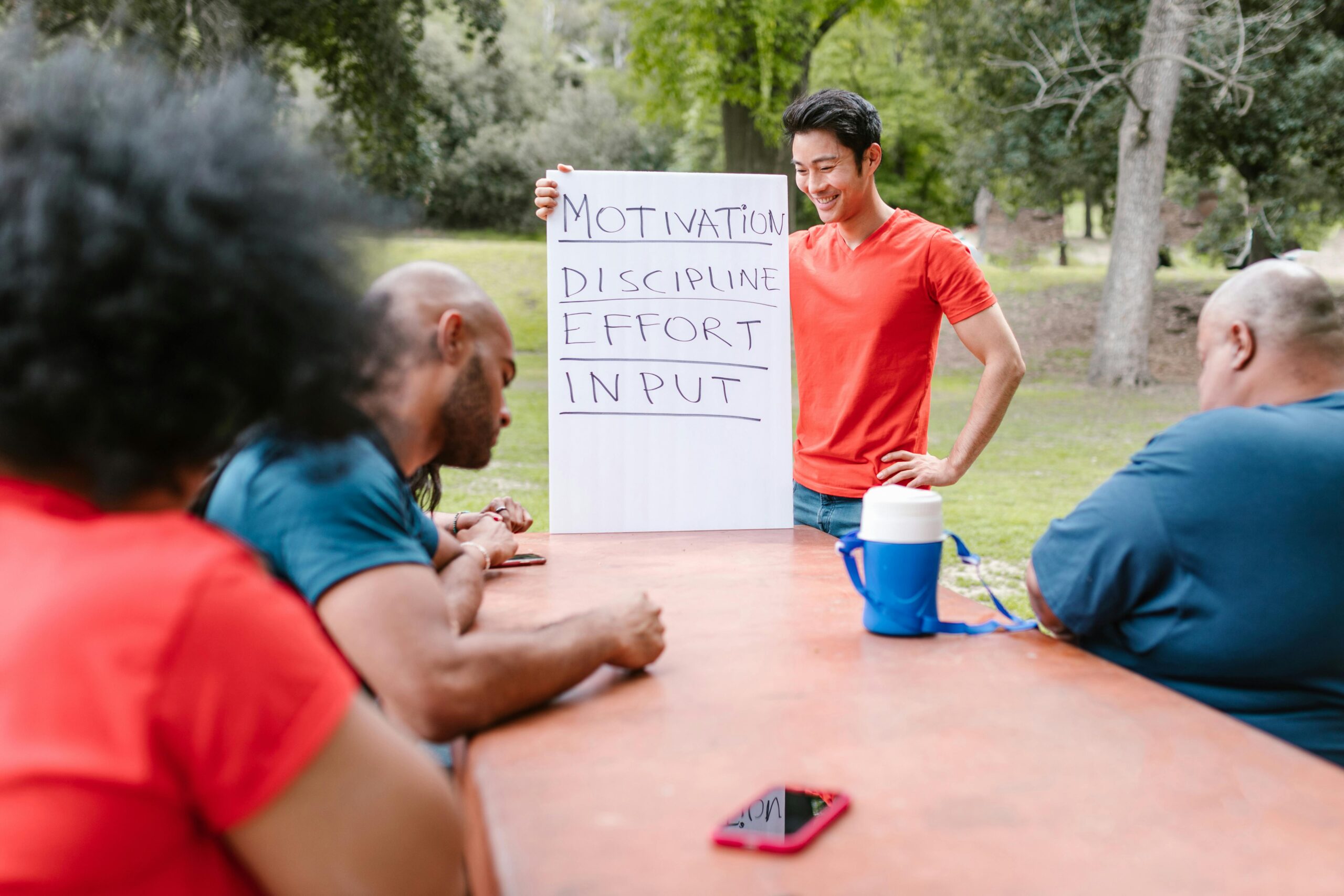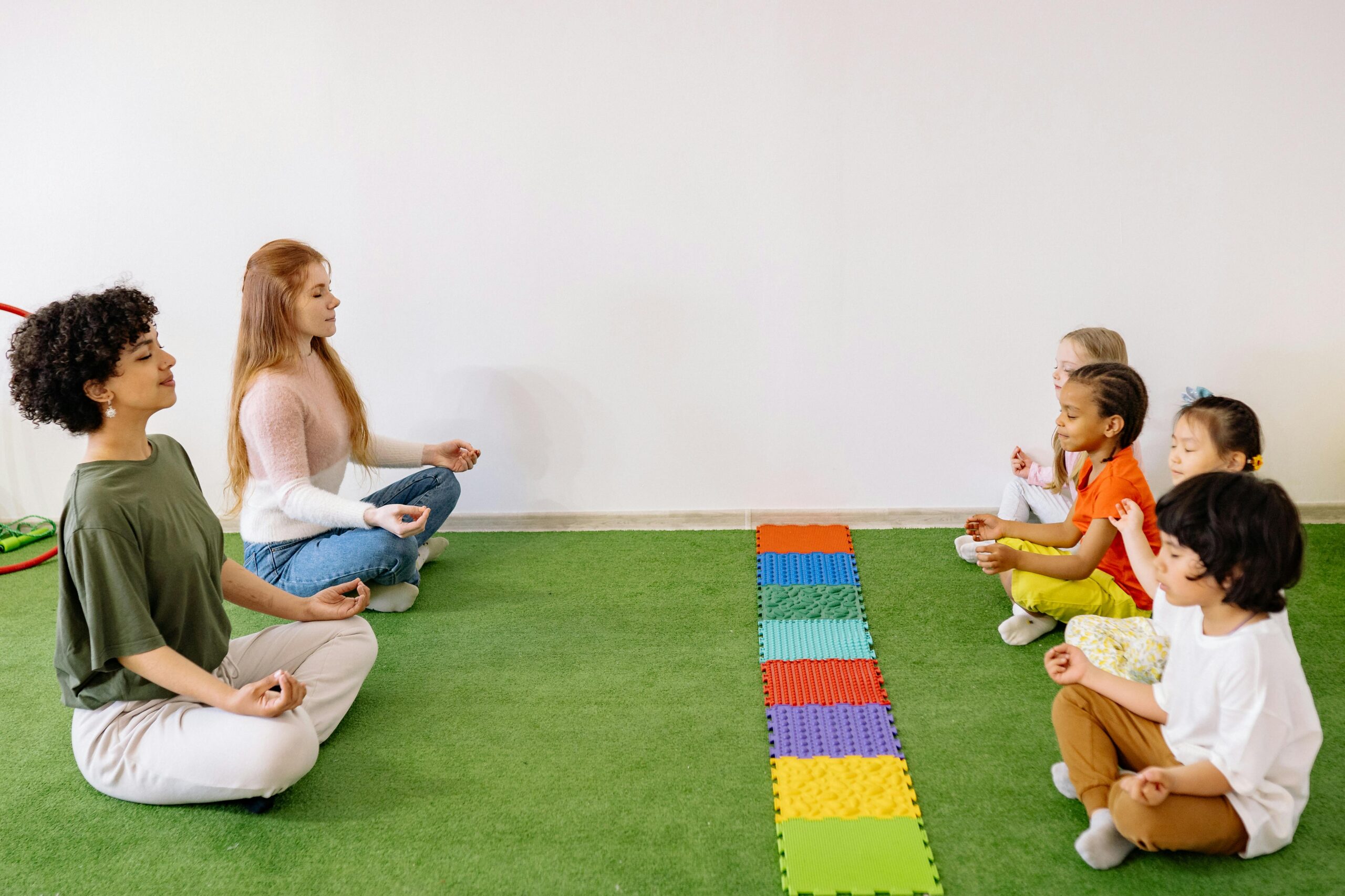In an increasingly digital world, coding literacy is no longer just about learning programming languages—it’s about shaping ethical, empathetic problem-solvers who can build a better future.
🌍 The New Literacy Revolution: Beyond Reading and Writing
For centuries, literacy meant the ability to read and write. This fundamental skill opened doors to knowledge, opportunity, and social mobility. Today, we stand at the precipice of another literacy revolution—one where understanding code has become as essential as understanding the written word.
Coding literacy represents more than technical proficiency. It encompasses computational thinking, digital citizenship, and the capacity to understand how technology shapes our daily lives. As algorithms determine what news we see, which job applications get reviewed, and even who receives medical care, understanding how these systems work becomes a matter of social justice and ethical responsibility.
The intersection of coding education and character development presents a unique opportunity. When we teach young people to code, we’re not simply preparing them for tech careers—we’re equipping them with tools to question, critique, and reshape the digital systems that govern modern life.
💡 Why Ethics and Empathy Matter in Programming
Traditional coding education often focuses exclusively on syntax, logic, and efficiency. Students learn loops, conditionals, and data structures without necessarily considering the human impact of their creations. This technical-only approach has contributed to some of technology’s most pressing problems.
Consider the facial recognition systems that perform poorly on people of color, the social media algorithms that amplify misinformation, or the automated hiring tools that perpetuate discrimination. These failures don’t stem from poor coding—they result from a lack of ethical consideration and empathetic design thinking during development.
The Real-World Consequences of Code Without Conscience
Every line of code written has potential consequences for real people. A banking algorithm might deny loans to qualified applicants from certain neighborhoods. A healthcare app might exclude accessibility features that people with disabilities desperately need. A gaming platform might fail to protect young users from predatory behavior.
These aren’t hypothetical scenarios—they’re documented cases where technical solutions created social problems. The common thread? Developers who understood coding but not the broader human context in which their code would operate.
🎓 Cultivating Ethical Thinking Through Code Education
Teaching ethics alongside coding doesn’t require separate philosophy courses. Instead, ethical thinking can be woven naturally into programming education through intentional curriculum design and thoughtful project selection.
Starting With Questions, Not Just Solutions
Before students write their first line of code, they should ask fundamental questions: Who will use this program? Who might be excluded by my design choices? What unintended consequences could my code create? How might someone misuse what I’m building?
These questions transform coding from a purely technical exercise into a humanistic practice. Students begin to see themselves not as isolated programmers but as digital citizens with responsibility for their creations’ impact.
Project-Based Learning With Social Purpose
Meaningful coding projects connect technical skills to real community needs. Students might create apps that help elderly neighbors access telehealth services, develop tools for local environmental monitoring, or build platforms that amplify underrepresented voices.
Through these projects, learners experience firsthand how code can serve social good. They also confront practical ethical dilemmas: How do we protect user privacy? How do we ensure accessibility? How do we avoid reinforcing existing biases?
❤️ Building Empathy Through Computational Thinking
Empathy—the ability to understand and share the feelings of others—might seem disconnected from programming. Yet coding education provides unique opportunities to develop this essential human capacity.
User-Centered Design as Empathy Practice
When students learn to code with users in mind, they practice perspective-taking. They must imagine different abilities, backgrounds, and contexts. A student designing a educational app must consider the dyslexic learner, the child without home internet access, and the parent who speaks limited English.
This process requires students to step outside their own experiences and assumptions. They learn that “normal” users don’t exist—only diverse humans with varying needs, preferences, and circumstances.
Collaborative Coding and Social Skills
Modern software development is inherently collaborative. Teaching coding through pair programming, group projects, and code reviews helps students develop communication skills, conflict resolution abilities, and appreciation for diverse perspectives.
When students review each other’s code, they practice constructive feedback. When they work in teams, they navigate different working styles and ideas. These experiences build emotional intelligence alongside technical competence.
🔧 Practical Approaches for Educators and Parents
Integrating ethics and empathy into coding education doesn’t require complete curriculum overhauls. Small, intentional changes can create significant impact.
Discussion-Based Learning Activities
After completing technical exercises, facilitate discussions about implications. If students build a data collection app, discuss privacy concerns. If they create a game, explore questions about addictive design and screen time.
These conversations help students connect abstract code to concrete human experiences. They learn to anticipate consequences and consider stakeholder perspectives before problems arise.
Case Studies From Tech History
Learning from technology’s successes and failures provides valuable context. Discuss cases like Cambridge Analytica’s data misuse, Theranos’s fraudulent claims, or Wikipedia’s collaborative knowledge-building success.
These real-world examples demonstrate that technical skill alone isn’t sufficient—ethical judgment and empathetic design determine whether technology helps or harms.
Diverse Role Models and Perspectives
Representation matters in coding education. Highlighting programmers from various backgrounds, genders, and cultures helps all students see themselves as potential technologists and exposes them to diverse approaches to problem-solving.
Share stories of technologists working on social impact projects, developers who’ve advocated for ethical AI, and programmers who’ve used their skills for humanitarian causes.
🚀 Tools and Resources That Support Ethical Coding Education
Numerous platforms and programs now integrate social-emotional learning with technical skill development. These resources make it easier for educators to teach coding holistically.
Programming Environments Designed for Learning
Platforms like Scratch encourage creative expression and sharing, fostering community alongside coding skills. Students don’t just write programs—they create stories, games, and animations that communicate ideas and emotions.
These environments emphasize process over product, collaboration over competition, and creativity over correctness. They provide safe spaces for experimentation where mistakes become learning opportunities rather than failures.
Curriculum Frameworks That Integrate Ethics
Organizations worldwide have developed curricula that explicitly connect coding to ethical reasoning. These frameworks provide structure for educators seeking to teach computational thinking alongside character development.
Standards like ISTE’s Student Standards emphasize digital citizenship, empowered learning, and creative communication—not just technical proficiency. They recognize that technology education must prepare students for informed, ethical participation in digital society.
🌟 The Long-Term Benefits: Building Better Technologists and Citizens
When we cultivate ethics and empathy through coding education, we create ripple effects that extend far beyond individual classrooms.
Career Advantages in a Changing Job Market
Employers increasingly seek technologists who combine technical skills with soft skills like communication, collaboration, and ethical reasoning. Companies recognize that diverse, empathetic teams build better products and avoid costly mistakes.
Students who learn coding through an ethics-and-empathy lens graduate with competitive advantages. They can articulate the human impact of technical decisions, work effectively in teams, and anticipate user needs.
More Inclusive Technology Industries
When young people from all backgrounds learn to see themselves as potential technologists—and when coding education emphasizes human values alongside technical prowess—we move toward more diverse, inclusive tech industries.
This diversity isn’t just about fairness (though that matters). Diverse teams create better technology because they bring varied perspectives, experiences, and insights to problem-solving. They’re more likely to identify potential harms and design inclusive solutions.
Informed Digital Citizens Who Shape Technology
Not every student who learns coding will become a professional programmer—and that’s perfectly fine. Coding literacy empowers all students to be informed, critical consumers and shapers of technology.
These digitally literate citizens can evaluate privacy policies, understand how algorithms work, advocate for better technology policies, and make informed choices about the digital tools they use. They become participants in technological change rather than passive consumers.
🎯 Addressing Common Concerns and Challenges
Implementing ethics-focused coding education comes with legitimate challenges. Addressing these concerns directly helps educators and institutions move forward effectively.
Time Constraints and Curriculum Pressure
Many educators worry that adding ethics and empathy components will leave insufficient time for technical content. However, these elements needn’t be separate additions—they can be woven into existing lessons through thoughtful project selection and discussion questions.
A lesson on data structures becomes richer when students consider privacy implications. An algorithm exercise gains depth when students discuss fairness and bias. Integration, not addition, is the key.
Teacher Preparation and Confidence
Not all coding educators feel prepared to facilitate discussions about ethics and social impact. Professional development, peer collaboration, and quality curriculum resources can build teacher confidence in these areas.
Additionally, students themselves often have valuable insights about technology’s social impacts. Creating space for student-led discussions can reduce teacher pressure while empowering learners.
💪 Taking Action: Starting Today
Whether you’re an educator, parent, or student, you can begin cultivating ethics and empathy through coding education immediately.
For educators, start small: Add one reflection question to an existing lesson. Select one project with clear social purpose. Share one case study about technology’s human impact. These modest beginnings can grow into comprehensive approaches over time.
For parents, encourage your children to think beyond technical functionality when they engage with technology. Ask questions about who made their favorite app, who it serves, and who might be excluded. Model critical, thoughtful technology consumption.
For students, remember that coding is a creative, humanistic practice—not just a technical skill. Consider the people affected by what you build. Seek diverse perspectives. Use your growing technical abilities in service of causes you care about.

🌈 Envisioning the Future We’re Building Together
The future of technology isn’t predetermined. It will be shaped by the values, priorities, and skills of the people who create it. By integrating ethics and empathy into coding education today, we influence what technology looks like tomorrow.
Imagine a generation of technologists who instinctively consider accessibility, who design with privacy as a default, who recognize bias in datasets, and who use their skills to solve pressing social problems. This isn’t a utopian fantasy—it’s an achievable goal through intentional education.
The new literacy of coding becomes truly powerful when it cultivates not just technical competence but ethical wisdom and empathetic understanding. This holistic approach prepares students not only for careers but for citizenship in an increasingly technological world.
As we unlock the future through coding education, we have the opportunity—and responsibility—to ensure that future is shaped by human values, not just technical capabilities. The code we teach today will write tomorrow’s world. Let’s make certain that world reflects our highest aspirations for justice, inclusion, and human flourishing.
Toni Santos is an education futurist and learning design researcher dedicated to reimagining how people build skills in a fast-changing world. With a focus on cognitive tools, EdTech innovation, and equitable access, Toni explores systems that help learners think deeper, adapt faster, and learn for life. Fascinated by the science of learning and the power of technology to personalize growth, Toni’s journey bridges classrooms, startups, and global initiatives. Each project he shares is an invitation to transform education into a continuous, human-centered experience—where curiosity, practice, and purpose align. Blending learning science, product design, and policy insight, Toni studies models that turn knowledge into capability at scale. His work highlights how thoughtful design and inclusive technology can unlock talent everywhere—across ages, cultures, and contexts. His work is a tribute to: Cognitive learning tools that make thinking visible and transferable EdTech innovation that expands access and personalizes pathways Lifelong learning systems that support relevance, resilience, and purpose Whether you’re building a learning product, shaping policy, or growing your own skills, Toni Santos invites you to design learning for tomorrow—one insight, one practice, one empowering pathway at a time.




